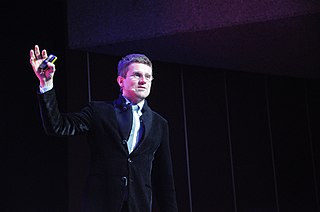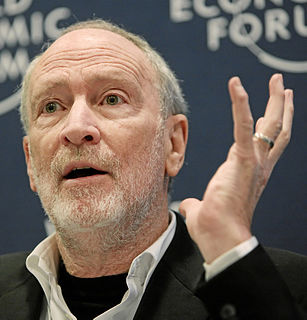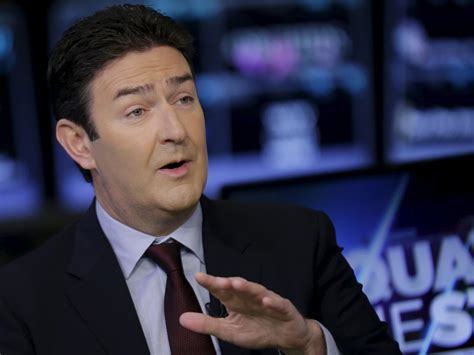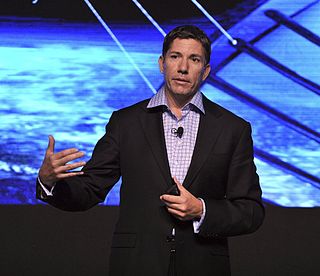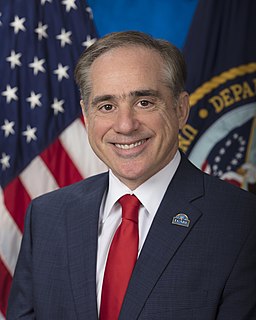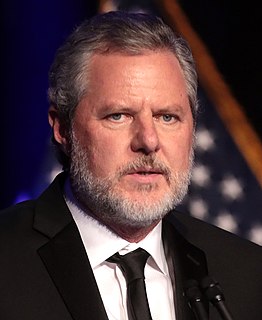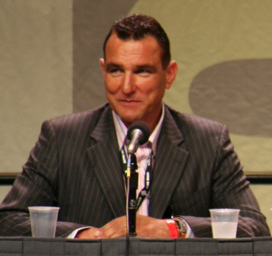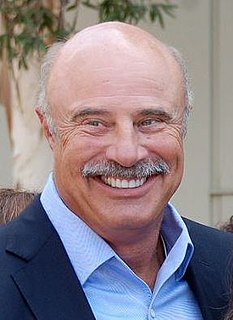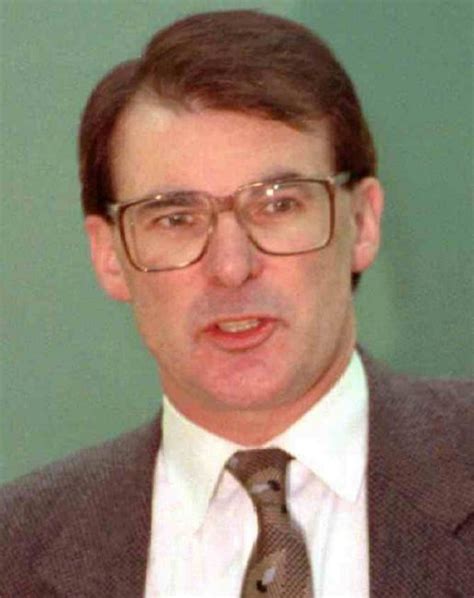Top 1200 Behavioral Change Quotes & Sayings
Explore popular Behavioral Change quotes.
Last updated on October 11, 2024.
There is behavioral ecology, which looks closely at the difference different ecologies make to behavior and other features of animals and humans. There's evolutionary individual psychology, there's evolutionary social psychology. In Darwin's terms, evolution couldn't exist without variation, and variation is important in behavioral genetics. And so on, and so on. There are so many instances in which evolution actually sharpens the precision, I think, with which one can find out the importance of differences. We're interested in differences as well as commonalities.
You should prepare to follow the program for 90 days. Why? Because behavioral research indicates that it takes 90 days to prepare for change, build a new behavior, become confident in the face of high-risk triggers, and move past the likelihood of relapse. Brain research also suggests that it takes a few months of practicing a new behavior to create permanent change.
I have full faith in people. I think that we have the ability to change. We're habitual creatures. Once we figure out that bad habit and identify it, whether it's behavioral or whatever it may be, we change our habits. Obviously, I'm simplifying it and making it sound very easy to do, and we all know it's very difficult, but it's doable.
A change initiative can fail for multiple reasons - in fact, there are just too many things that can go wrong. The focus of the initiative might be wrong - too narrow or too broad. The initiative might be poorly executed or under-resourced. But most often, a change initiative fails because it hits a behavioral impasse. Something in the culture of the company is in conflict with the objective or execution of the initiative.
Drugs are about dulling perception, about addiction and about behavioral repetition...What *psychedelics* are about is pattern- dissolving experiences of an extraordinarily high or different awareness. They are the exact opposite of drugs. They promote questioning , they promote consciousness, they promote value examinations, they promote the reconstruction of behavioral patterns.
The whole intelectual culture has a filtering system, starts as a child in school. You're expected to accept certain beliefs, styles, behavioral patterns and so on. If you don't accept them, you are called maybe a behavioral problem, or something, and you're weeded out. Something like that goes on all the way through universities and graduate schools. There is an implicit system of filtering, which has the, it creates a strong tendency to impose conformism. Now, it's a tendency, so you do have exceptions, and sometimes the exceptions are quite striking.
You see, I know change
I see change
I embody change
All we do is change
Yeah, I know change
We are born to change
We sometimes regard it as a metaphor
That reflects the way things ought to be
In fact change takes time
It exceeds expectations
It requires both now and then
See, although the players change
The song remains the same
And the truth is...
You gotta have the balls to change
The changes that we can make in the culture can be there for people that we will never meet, that will never know us, and that's what keeps me up at night. It's what excites me about science, that we can learn ways of being with each other. And the behavioral sciences have not been enough of a part of cultural development. The physical sciences have; the behavioral sciences have not. And I would like to see if we can bring some things into human culture that would humanize and soften and empower people.
Two years gives you enough time to grow and to change, and to, you know, change your priorities. Change where you live, change your hair, change what you believe in, change who you hang out with, what’s influencing you, what’s inspiring you. And in the process of all of those changes in the last two years, my music changed.
My methods produce lasting behavioral change without unpleasant consequences, because the change does not come from an effort of will. It comes from examining your deep-rooted beliefs of who you are and how the world functions. As you examine these beliefs and make changes in them, you literally become a different person.
Faith in the gospel restructures our motivations, our self-understanding, our identity, and our view of the world. Behavioral compliance to rules without heart-change will be superficial and fleeting… We can only change permanently as we take the gospel more deeply into our understanding and into our hearts. We must feed on the gospel, as it were, digesting it and making it part of ourselves. That is how we grow.
Willpower is a myth. The problem with trying to use willpower to achieve and sustain a behavioral change is that it is fueled by emotion. And as we all know, our emotions are, at best, fickle. They come and go. When your emotions start running down -- and they will -- even your best-laid plans will fall flat.
The stories leaders and others tell, few of which are true, are a lousy foundation on which to base any sort of science, and we know how to accomplish behavioral change and the importance of priming, informational saliency, and social networks. Producing inspiration and other good feelings doesn't last very long.











